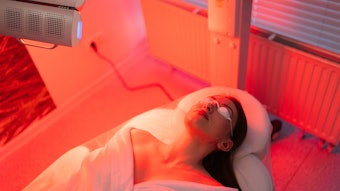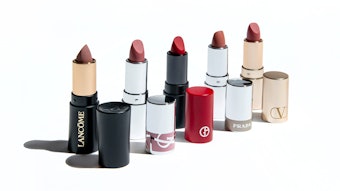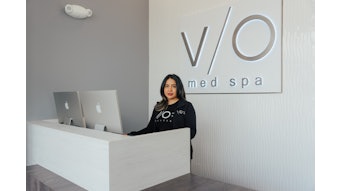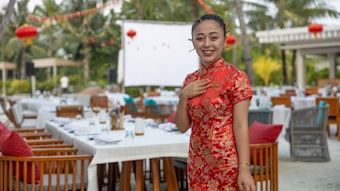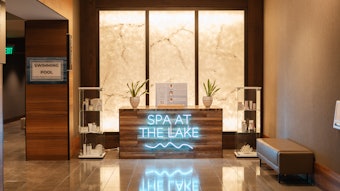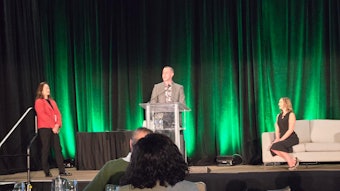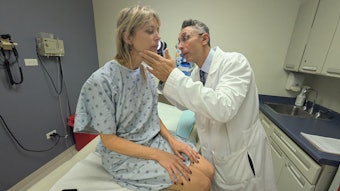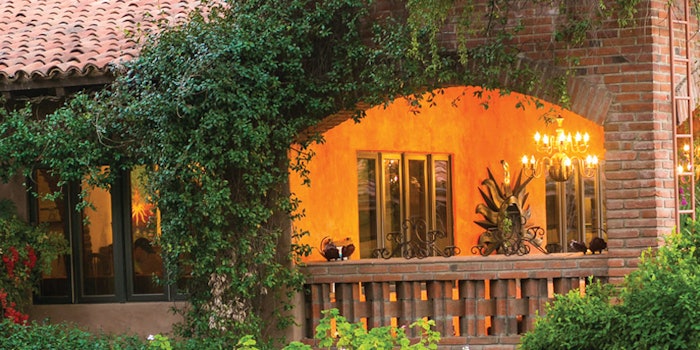
Wellness is a major component of not only the spa industry but of all industries. This hasn’t always been so, and no one knows this better than Deborah Szekely, who opened Rancho La Puerta as the first ever fitness spa back in 1940. Szekely understood the importance of taking care of the body and mind before it became an ever growing trend.
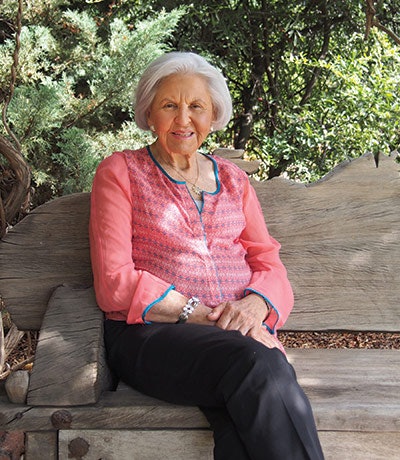
With over 70 years of experience in the industry, Szekely is a true spa pioneer. Skin Inc. sat down with Szekely to learn more about how to overcome challenges, why friends are the most important assets and how wellness will change the spa industry as we know it.
Skin Inc. (SI): How did you get started in the spa industry?
Deborah Szekely (DS): We found a place to set up a summer camp on a ranch in Tecate, Baja California, and we were hungry. We wanted to eat. When you feed people, you yourself get to eat. We began with eight guests who had read my husband Edmond Szekely’s books and thought he was wonderful. Some came that first summer in 1940 and paid $17.50 a week and worked two and a half hours a day. Others had the option of paying $35 and not working. Naturally, they all chose the former thinking they could get out of work. That’s how I became a very good manager–making the most mundane tasks sound glamorous and important.
SI: What was one of your biggest challenges in the industry, and how did you overcome it?
DS: In our early days, the rumor was that we were a nudist camp. After nine years, we were still being called a cult. I wanted us to become acceptable. San Diego, which is near Tecate, was going to be my home where I raised my children, and I wanted to have a good reputation. So, I worked at it. I overcame it by becoming well-known in the community for my volunteering. I became respected and sought after for boards, activities and donations. All this despite driving around in a war-surplus jeep with a trailer behind it in the early years.
SI: Who were some of your greatest mentors?
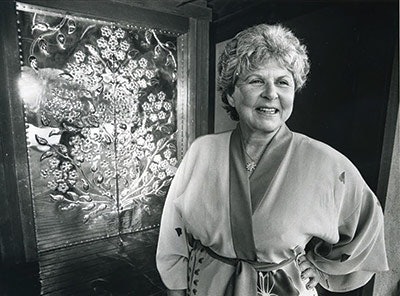
DS: I loved Aldous Huxley, a frequent guest at the ranch with his wife Laura. I read every one of his books. Alan Watts and I became good friends, and his lectures were wonderful. Esalen in Big Sur was my university and my mentor. Also, I was involved in almost every play at the Globe Theater in San Diego during Craig Noel’s directorship. I was a voice coach, fundraiser, script reader and more. I’m only a high school graduate, so that would be the extent of my education if not for reading. In the end, I’d say my mentors were books more than people.
SI: What has been your greatest accomplishment so far?
DS: I have had the opportunity to be a spa pioneer. Thanks to this, I was able to go into unknown territory. I never worried about failure because I didn’t know what to expect, and I didn’t have time to think things out precisely in advance.
SI: What do you enjoy the most about the spa industry?
DS: I enjoy the opportunity to make lots of friends. Recently I received a phone call from the Golden Door. It was men’s week there, and they all sang happy birthday to me. Some have been coming to men’s week for more than 30 years.
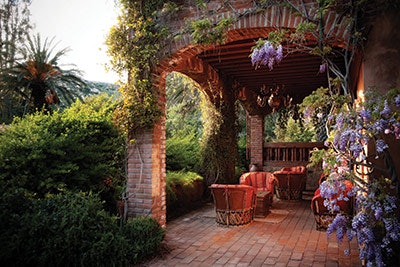
SI: What advice would you give someone looking to open their own spa?
DS: If you’re not a people person, you have to partner with a people person. You must like being with people, pleasing them and doing things for them. If you’re not that kind of person, no matter how beautiful or elegant spa your spa is, it will have no soul, no spirit, no center and no core.
SI: If you could go back in time and tell yourself one thing what would it be?
DS: Have as many friends as you can handle with joy. They become your guides, mentors, supporters and hand-holders when necessary in your later years. Without my friends, there would not be a reason to be alive today. You can’t have enough friends.
SI: Where do you see the future of the spa industry heading?
DS: Our industry’s ideals will become more and more accepted in developed nations, especially the importance of eating well and exercising. Spas will be thought of as retreats and places to study. The word “spa” prior meant that water was involved, but we were the first to create a fitness spa. We did not have mineral springs, so we created an exercise program from dawn to dusk, served organic food and had daily lectures all in a beautiful natural setting.
SI: What have you seen change the most in your many years in the spa industry?
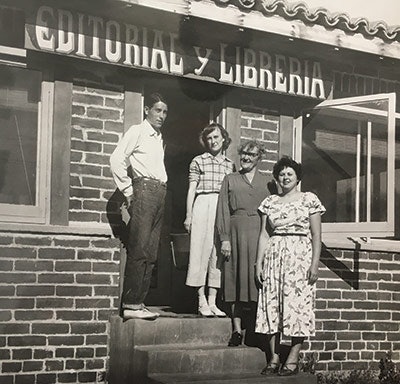
DS: Everyone today accepts fitness. The money is in the skin care, but the success and future of spas is wellness, rather what we used to call fitness. That one word encompasses the whole body–your attitudes, your life, your habits. I think Susie Ellis, founder of Global Wellness Institute, gets a lot of credit for focusing attention on the ideals of wellness or as they often call it in Europe, well-being.
SI: What do you like to do in your free time?
DS: I live alone, so I have standing dates with some of my friends for dinner and walks. I really think that I’m alive at 96 and doing well because I’m enjoying myself and my friends, and I am disciplined. For example, I eat properly every morning, and it’s almost always the same thing: granola, yogurt and blueberries. Also, I do Pilates every day with an instructor. Plus, I love to travel. I just returned from 22 days in Greece. There’s a postcard on my desk of Santorini right now, with its cats, white houses and brilliant blue sea. It transports me.

